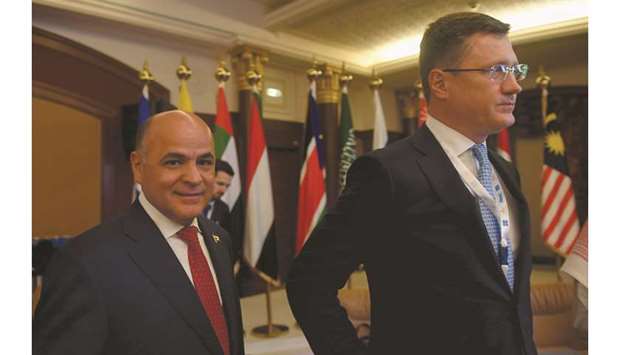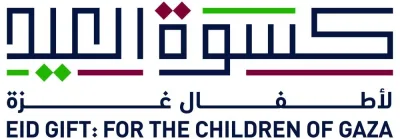From trade wars to sanctions to mounting tensions in the Gulf, Opec and its partners are facing one of the most complex decisions on oil-market policy in years. But first, they need to agree on a date.
With about a month before their next policy summit, ministers are split on when they will actually meet, according to delegates. Russia raised objections two weeks ago to the original date of June 25-26 and ministers have yet to agree on an alternative, the delegates said, asking not to be identified.
That the 24 ministers can’t even agree on a date so close to the meeting is threatening to diminish faith in the alliance, which pumps more than half the world’s oil, at a time when multiple threats to both supply and demand are magnifying price volatility.
“It certainly does not convey cohesion,” said Helima Croft, chief commodities strategist at RBC Capital Markets LLC in New York.
The meeting is a critical moment for the alliance known as Opec+. While slowing global economic growth may suggest keeping output restrained, supply losses in some Opec members such as Iran and Venezuela support opening up the spigots.
A senior Opec official, speaking on condition of anonymity, said they expected a quick resolution to the discussions over a date. Ministers are currently focused on July 3-4 as an alternative.
The dispute is another example of the logistical complications posed over the past 2 1/2 years by Opec’s expansion from a 14-nation grouping into a wider network spanning 24 nations. It also illustrates the growing influence of the biggest non-Opec member in the alliance, Russia.
It was Russia, citing scheduling conflicts, that proposed changing the dates of the summer meeting from its planned slot of June 25-26 to slightly earlier in the month, delegates said. The change was discussed when oil ministers met for an interim review of their strategy in Jeddah earlier this month.
Since Russia’s proposed dates didn’t suit several Opec members, the alternative of July 3-4 was suggested, according to an internal document seen by Bloomberg. Some countries have objected for practical reasons. At the moment, Algeria has presidential elections scheduled for July 4.
Russia demonstrated its influence on Opec+’s schedule earlier this year when the producers gathered in the Azeri capital, Baku. Russia said a scheduled April meeting should be cancelled because it would be too soon to make any decision about oil supplies for the second half of the year. The other ministers agreed.
Russia has also served as a powerful intermediary since the Opec+ alliance was established in late 2016, brokering agreements between Saudi Arabia and Iran when their negotiations came close to collapse.
The supply losses faced by some members of the Organisation of Petroleum Exporting Countries are another source of discord, and could be contributing to the difficulty in finalizing new meeting dates.
Although Saudi Arabia and Iran are both members of Opec, the two nations have long competed for regional influence. Tensions have been heightened by US foreign policy, including Washington’s withdrawal from the nuclear pact with Tehran and its attempt to completely cut off Iranian oil exports.
US President Donald Trump has urged the Saudis to fill the gap left by Iran. While the kingdom has said it will be cautious about raising output, it has pledged to accommodate Iran’s customers. That will only increase the odds of fractious talks when the two rivals finally sit down, whenever that may be.

Venezuela’s Oil Minister Manuel Quevedo (left) and Russia’s Minister of Energy Alexander Novak attend the Opec+ group meeting in Jeddah on May 19. The dispute over the date of meeting also illustrates the growing influence of the biggest non-Opec member in the alliance, Russia. It was Russia, citing scheduling conflicts, that proposed changing the dates of the summer meeting from its planned slot of June 25-26 to slightly earlier in the month, delegates said.


